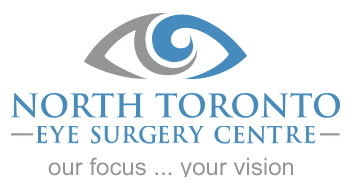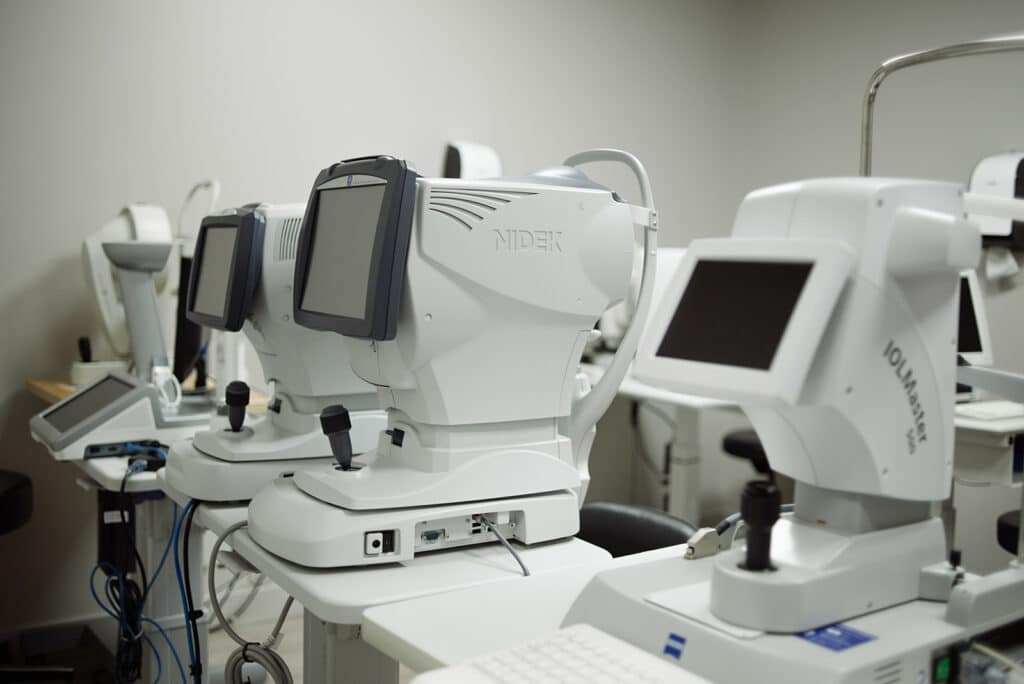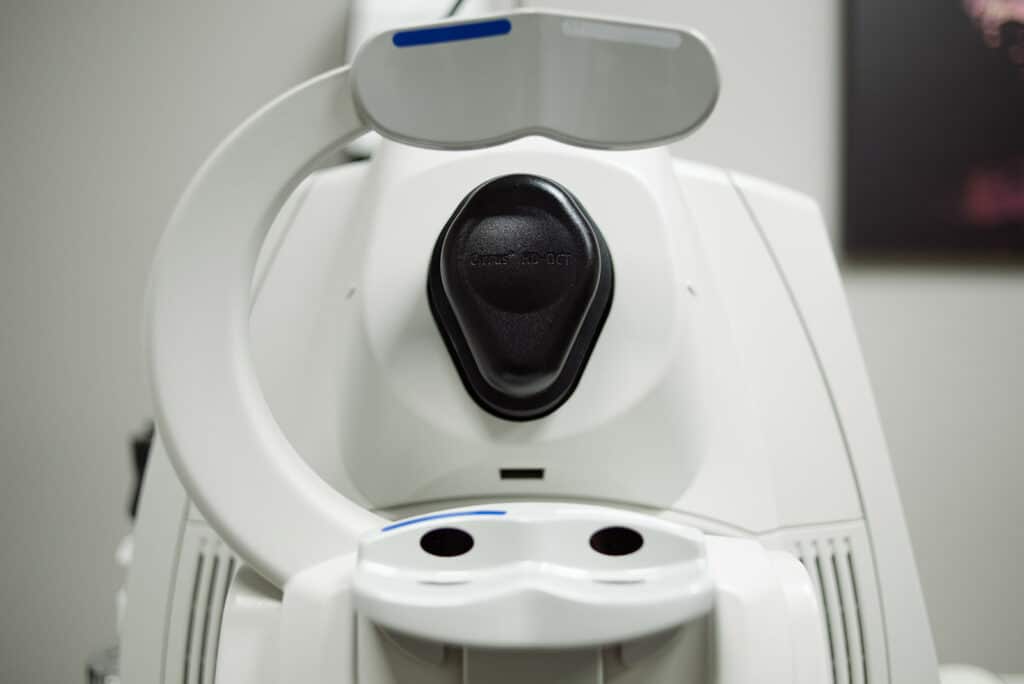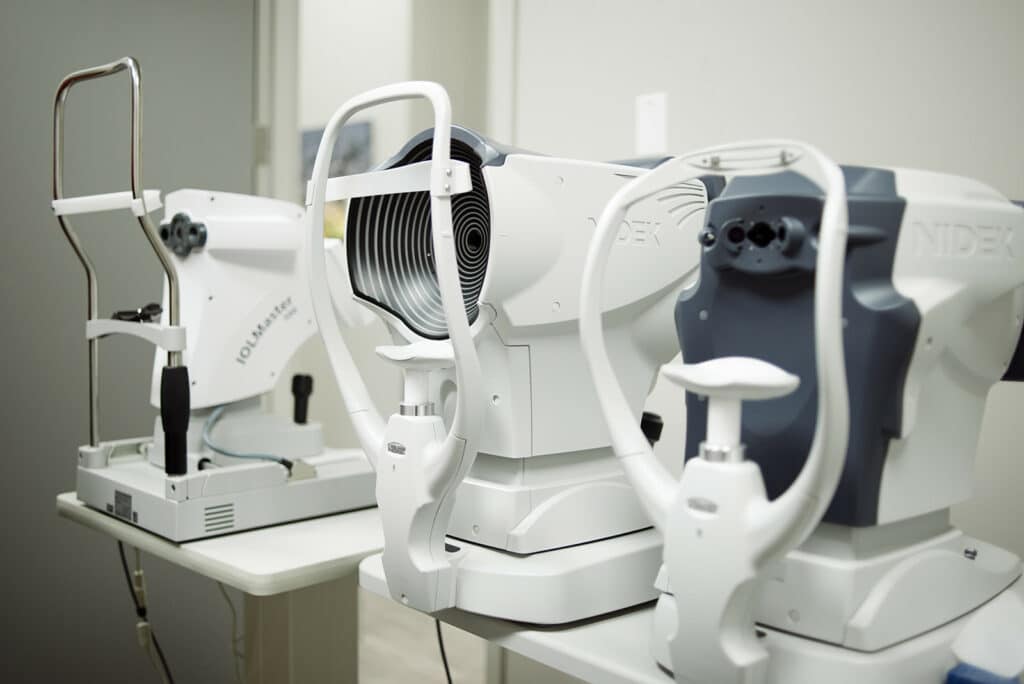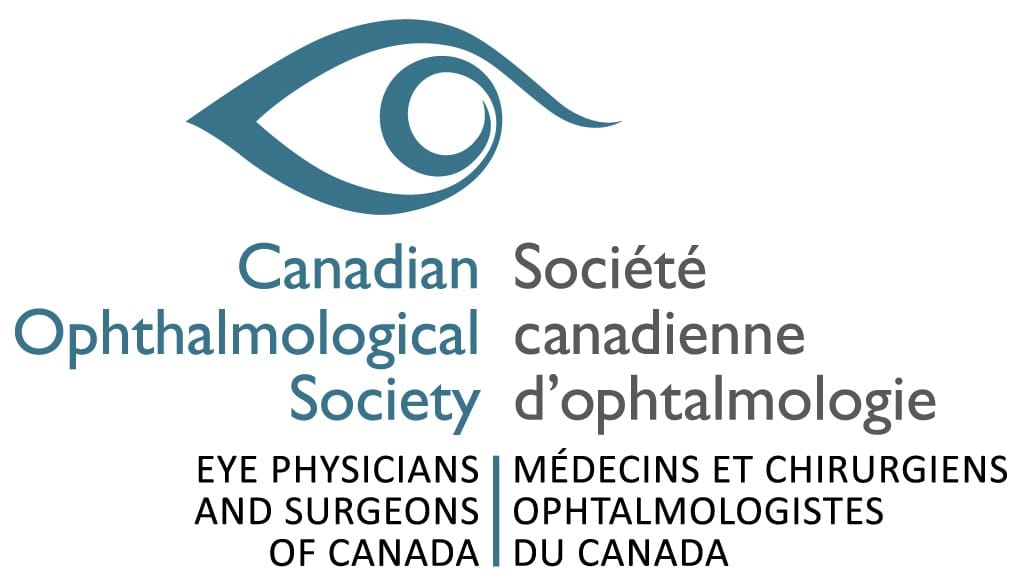
Elevate Your Vision, Transform Your Life with Cataract Surgery
At North Toronto Eye Surgical Centre, we encounter patients with cataracts regularly. We understand the causes and the impact on vision. Experiencing vision loss due to cataracts can be daunting, frustrating, and inconvenient. Cataracts can profoundly impact your lifestyle, independence, and mobility.
If your vision is progressively deteriorating due to cataracts, making everyday tasks like driving or reading medication labels increasingly difficult, we encourage you to schedule a consultation with our cataract specialists. We can explain the reasons behind your vision decline and discuss the available solutions. Our dedicated eye doctors provide effective treatment options and exceptional patient care. We prioritize educating our patients to help them make informed decisions about their treatment.
